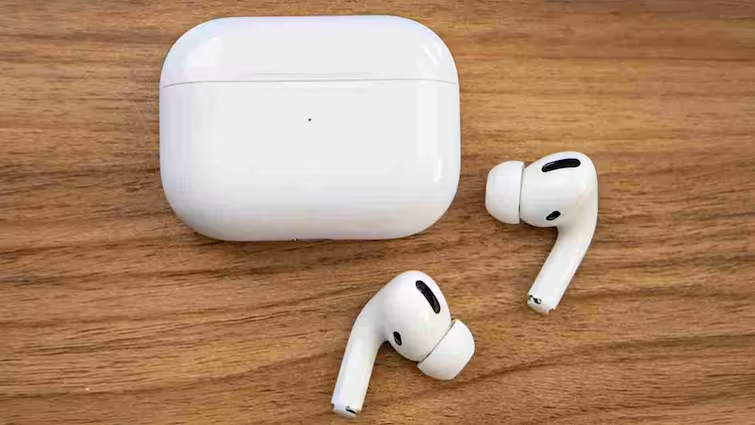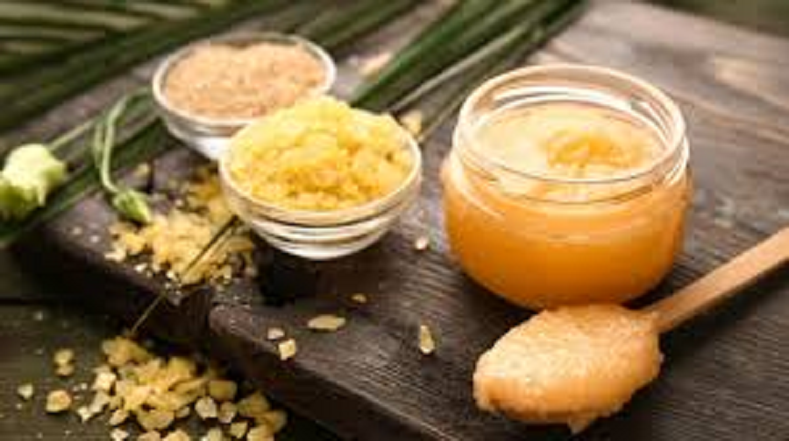Cold Coffee in Summer: Cool Drink or Health Risk? Know the Pros and Cons Before You Sip
- byPranay Jain
- 07 Apr, 2025

Cold coffee is a favorite go-to drink for many during hot summer days. It’s refreshing, flavorful, and gives a much-needed caffeine kick. Whether it's topped with chocolate syrup, vanilla essence, or just served simple over ice—cold coffee has become a staple in many households and cafés.
But is it actually healthy? Can you enjoy it guilt-free or are there hidden downsides? Let’s break down the advantages and disadvantages of drinking cold coffee in summer, as explained by medical experts.
✅ Benefits of Drinking Cold Coffee
According to Dr. Mriganka Bohra, General Physician at Apollo Spectra Hospital, cold coffee can be beneficial when consumed wisely:
- Boosts Energy & Focus: Thanks to caffeine, cold coffee helps you stay alert, active, and focused, especially during those sluggish summer afternoons.
- Reduces Fatigue: It keeps tiredness at bay, making it a great mid-day pick-me-up.
- May Support Weight Management: If consumed without added sugar, cream, or syrups, it may help in managing weight by curbing appetite and boosting metabolism.
- Refreshing Alternative: When served chilled, it not only cools the body but also gives a refreshing mental break.
⚠️ Disadvantages of Cold Coffee
While it can be a treat, overconsumption—or making it the wrong way—can have side effects:
- Leads to Dehydration: Caffeine is a diuretic, meaning it can increase fluid loss. In peak summer, this can leave you more dehydrated, especially if you're not drinking enough water.
- Causes Acidity & Sleep Issues: Excess caffeine can trigger acidity, heartburn, or even disrupt your sleep cycle if consumed late in the day.
- Hidden Calories: Added sugar, cream, flavored syrups, or ice cream can turn your cold coffee into a calorie bomb—unhealthy if consumed regularly.
- Nervousness or Jitters: High caffeine intake might lead to restlessness or anxiety in some individuals.
☕ How Much Cold Coffee is Safe?
Doctors recommend keeping your caffeine intake within 150 to 200 mg per day—roughly one standard glass of cold coffee. However:
- Limit Sugar and Add-ons: The more natural and simple your cold coffee, the better.
- Avoid Late Evening Intake: Stick to morning or early afternoon to prevent sleep disruption.
- People with health conditions (like high BP, heart issues, or insomnia) should consult their doctor before including it in their diet.
Final Takeaway
Cold coffee can be a refreshing and energizing drink during the summer—but only if consumed in moderation and without too many sweeteners or high-fat ingredients. Keep it simple, stay hydrated, and don’t rely on it as your primary source of refreshment.






